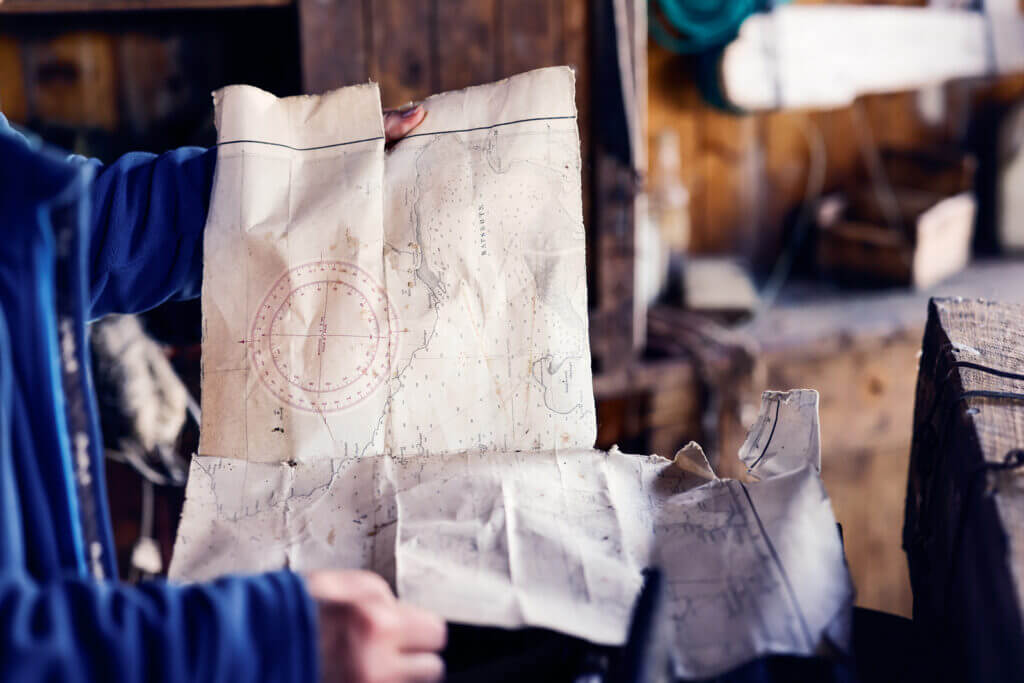Saami Council
WP1 Lead: Máret J. Hætta, Project coordinator
maret.heatta@saamicouncil.net
WP1 partner: Anne Chahine, GFZ
anne.chahine@rifs-potsdam.de
WP1 partner: Naja Dyrendom Graugaard, Copenhagen University
ndg@hum.ku.dk
Ethical, collaborative, and inclusive research approaches and methodologies
Overview & Objectives
This workpackage will identify knowledge gaps and research needs in Arctic coastal communities, provide replicable frameworks for research initiatives that support collaborative knowledge creation, and assess and identify best practices for co-creative/co-productive methods and their implementation within a circum-Arctic scope. This WP will also trace the implementation of evaluation techniques in the early stages of the project (followed up in WP10), collect and analyze lessons learned across WPs, and feed these back into the project.
Identify knowledge gaps and research needs in Arctic coastal communities related to efficient participation in environmental decision-making.
Assess co-creative/co-productive methods and their implementation within a circum-Arctic scope and identify best-practices.

Identify knowledge gaps and research needs in Arctic coastal communities related to efficient participation in environmental decision-making.
Assess co-creative/co-productive methods and their implementation within a circum-Arctic scope and identify best-practices.
Activities & Relational Methods
We work with Sámi civil society, academia, and communities to identify knowledge gaps in an all Sami perspective and co-develop criteria for prioritizing research needs. We compare Indigenous knowledge-centric and academic approaches to assess methodologies, engagement, and impacts. To support long-term collaboration, we build infrastructure for continuous dialogue, evaluation, and co-production. This includes mapping methods across BIRGEJUPMI field sites, involving local knowledge centers and advisors, and tracing early implementation of evaluation techniques. Lessons learned are shared across the project to improve ethical and inclusive research practices.
Expected Outcomes & Impact
Personnel
Research Areas
Click each place to read more
Álaheadju/Alta is a key Birgejupmi site, hosting workshops and working with Alta Museum. The museum’s Sámi heritage work helps counter colonial silencing and supports Indigenous empowerment and sustainable, knowledge-based development.
Berlevåg is a key Birgejupmi site where youth shape visions for sustainable futures. Through workshops and exhibitions, they explore wind energy and socio-environmental change, fostering inclusive climate decisions and Indigenous resilience in East-Finnmark.
Varanger is a vital Birgejupmi site facing climate, ecological, and green transition challenges. It supports Sámi marine knowledge, inclusive governance, and local empowerment through Indigenous-led resilience efforts.
Orjješ-Ráisa/Sørreisa is a key Birgejupmi site, valued for local Sámi knowledge and community strength. In partnership with Gamtofta siida and healer Knut Lunde’s archive, it fosters research, dialogue, and Sámi heritage revitalization.
Porsáŋgu/Porsanger is a key Birgejupmi site facing climate-driven ecological shifts. With Mearrasiida as a knowledge hub, the community revitalizes seal practices through workshops, supporting Sámi traditions, resilience, and sustainable coastal stewardship.
Unjárga/Nesseby is a key Birgejupmi site where Sámi knowledge and youth co-design shape climate, marine, and invasive species research. Workshops and exhibitions explore future visions and assess wind energy’s cultural impacts, supporting Indigenous resilience and adaptation.
Loabák/Lavangen is a key Birgejupmi site, selected for its Sámi heritage and strong local knowledge. Working with Gamtofta siida and healer Knut Lunde’s archive fosters dialogue, research, and Indigenous knowledge revitalization in this diverse coastal area.